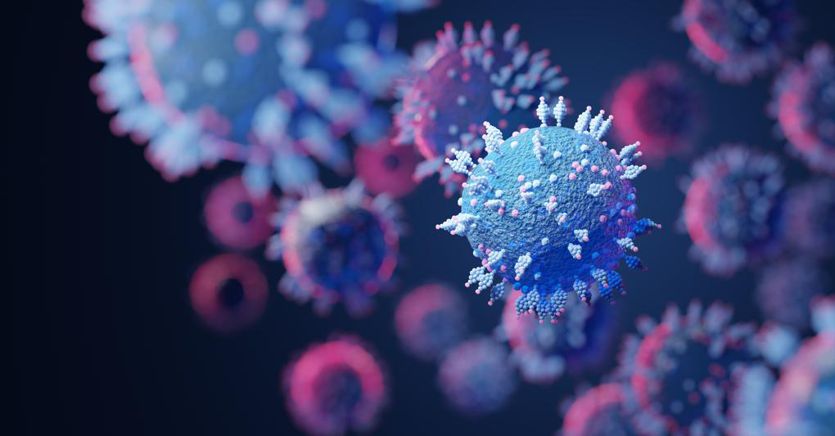The virus has already “demonstrated the ability to take some evolutionary steps towards adaptation to mammals”, specify ECDC and EFSA. It has learned to multiply more effectively in mammalian cells and to mislead certain components of the immune response. Furthermore, it appears particularly capable of combining with other circulating viruses, a characteristic that could give it further advantageous characteristics for spreading in mammals. This has already allowed it to infect a wide range of wild mammals and to cause small epidemics even in companion animals, such as cats. Despite this, there is currently no evidence of mammal-to-mammal transmission.
«There are hundreds of cases in the literature of H5N1 infections passing from birds to humans. It is certain that this passage in the USA from a mammal to man is a sign of adaptation of the virus which creates concern” explains Massimo Andreoni, scientific director of Simit, the Italian Society of Infectious and Tropical Diseases, commenting on the second human case of avian flu in the United States in a dairy worker who had come into contact with infected cattle.
So could bird flu be the next disease X that brings a pandemic? «The mortality for this virus is around 50% so it could be disease at 30%, it is clear that if their human-to-human transmission were possible, which has never been confirmed at the moment, they could be very harmful.”
For the virolo Fabrizio Pregliasco, professor at the State University of Milan, the human case of avian influenza identified in Texas «should not create alarmism. We already know that several mammals can become infected. However, they are not preferential hosts of avian viruses and in many cases do not show symptoms. However, every species has receptors for these viruses, even us humans.”
These infections in humans “are isolated cases to date – underlines Pregliasco – limited to people who have had close contact with infected animals”. Let’s look at the positive aspect: thanks to the attention of the laboratory networks, and a greater sensitivity which in some ways we can read as a positive legacy of Covid, we are also able to identify cases which, if there had not been this attention, would have been archived as “trivial colds”. It means that the warning system works and is very very sensitive.
